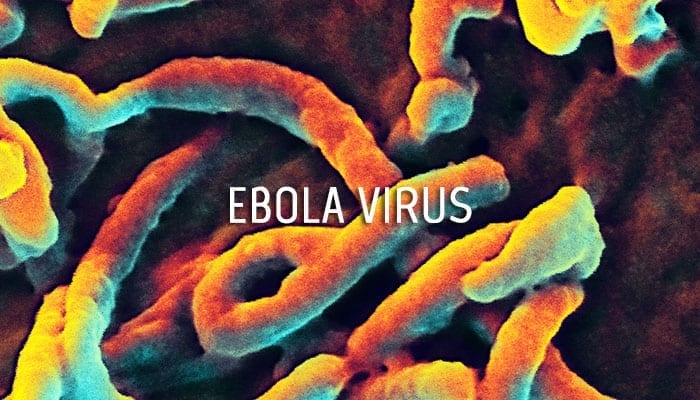Investigators hoping to better understand the long-term health consequences of Ebola virus disease (EVD) have launched a clinical study of people in Liberia who have survived the current West Africa outbreak.
The Liberia-U.S. clinical Partnership for Research on Ebola Virus in Liberia (PREVAIL) collaborative study will determine if survivors develop immunity that will protect them from future Ebola infection, and assess whether previously EVD-infected individuals can transmit infection to close contacts and sexual partners.
The study will take place at various sites in Liberia and is expected to enroll approximately 7,500 people, including 1,500 people of any age who survived EVD and 6,000 of their close contacts.
“The clinical course of Ebola virus disease is reasonably well-understood, but we still have much to learn about the long-term health effects of the illness in those who recover,” said National Institute of Allergy and Infectious Diseases (NIAID) Director Anthony S. Fauci, M.D. “To unravel the many unknowns, we have expanded the focus of our partnership with Liberia’s Ministry of Health to include research on the long-term health effects of Ebola virus disease, in addition to our ongoing efforts to find an effective preventive vaccine and treatments for Ebola virus disease.”
Enrollment began today at the John F. Kennedy Medical Center, and the study will open at the following sites later in June: C.H. Rennie Hospital in Kakata, Duport Road Clinic in Paynesville, and Redemption Hospital in Monrovia. Additional sites in Liberia are expected to join the study in the future.
Study participants will undergo a medical history and physical and vision examination and have blood samples collected so researchers can identify and track any health issues, monitor organ and ocular function and record Ebola antibody levels.
Some participants may also be asked to provide samples of bodily fluids, such as sweat, tears, and for adults, semen or cervical secretions. Participants will be asked if they would like to identify up to five close contacts (household members at the time of Ebola diagnosis and sexual partners after recovery from Ebola virus disease). Close contacts who agree to participate in the study will undergo a physical examination, have blood samples taken, and asked to complete a questionnaire detailing their contact with the Ebola survivor, such as touching, sleeping in the same bed and sexual intercourse.
Staff from the NIH’s National Eye Institute have helped establish a new eye clinic at John F. Kennedy Medical Hospital, where ophthalmologists from NEI and Johns Hopkins will be evaluating study participants and their identified close contacts for visual problems.
Treatment will be provided by Liberian ophthalmologists partnering in the study. “There have been reports of inflammatory eye disease and vision loss among Ebola survivors,” said NEI Clinical Director Frederick Ferris, M.D. “Our goal is to determine the incidence and extent of Ebola-related eye disease among survivors, risk factors contributing to its development, and optimal treatment strategies.”
The research team will follow the Ebola survivors and their close contacts for up to five years with study visits occurring every six months. At each follow-up visit, participants will undergo a physical examination and additional blood draws, to allow study physicians to monitor and characterize any changes in Ebola antibody levels and to detect the presence of select medical conditions.
The information will help scientists determine the evolution of Ebola antibodies and will provide insight on whether survivors can still transmit the virus and if so, whether these people get sick with Ebola virus disease.
Using data collected at these site visits, the researchers will calculate the incidence, prevalence and risk factors for various health issues experienced by survivors, such as vision problems; immune system changes; mental disorders; joint pain; diabetes; hypertension; and pregnancy complications. Close contacts will be used as a control group to assess whether the risks of these conditions are the same or different from those who have not had Ebola virus disease.
The study is sponsored by the Ministry of Health of Liberia and the National Institute of Allergy and Infectious Diseases (NIAID), part of the National Institutes of Health.


